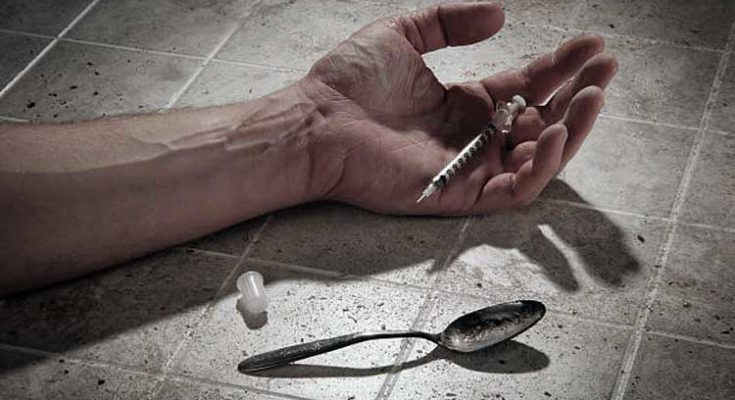By Jon Johnson
SAFFORD – Officers returned to an apartment off S. 20th Avenue late Friday night after a man reportedly overdosed on heroin.
Officers initially responded to the apartment just before 8 p.m. regarding a prowler. At that time, the occupant told conflicting stories about a man in a dark hoodie attempting to enter her apartment.
Officers canvassed the area but could not locate any suspicious suspects and did not locate any evidence at the apartment showing any attempted break-in.
While leaving, an officer spoke with a neighbor who said nothing out of the ordinary had occurred that evening but that there is usually a lot of foot traffic to the apartment in question and believed it to be drug-related.
At 10:22 p.m., officers were dispatched to the same residence regarding a noise ordinance violation. While en route, Graham County Dispatch advised it had received a call from the apartment in question at 10:25 p.m. regarding an unresponsive male.
Paramedics from Lifeline Ambulance arrived and transported the overdose victim to the Emergency Room at Mt. Graham Regional Medical Center. An update on his condition was not released.
An officer questioned the occupant of the apartment, and she said she didn’t know where the overdose victim got the heroin.
Governor Doug Ducey previously signed the Arizona Opioid Epidemic Act on Jan. 25, and it went in effect April 26. While the 69-page act addresses many issues, including sober living homes, education for medical students, prescribing of opioids and more, the act also created a Good Samaritan provision, which excludes those seeking medical help from prosecution for drugs or drug paraphernalia located by police at that time.
Arizona Revised Statutes 13-3423 deals with the prohibited prosecution of Good Samaritans. It states, “A person who, in good faith, seeks medical assistance for someone who is experiencing a drug-related overdose may not be charged or prosecuted for the possession or use of a controlled substance or drug paraphernalia or a preparatory offense if the evidence for the violation was gained as a result of the person’s seeking medical assistance.”
Section B continues, “A person who experiences a drug-related overdose, who is in need of medical assistance and for whom medical assistance is sought pursuant to subsection A of this section may not be charged or prosecuted for the possession or use of a controlled substance or drug paraphernalia if the evidence for the violation was gained as a result of the person’s overdose and need for medical assistance.”









